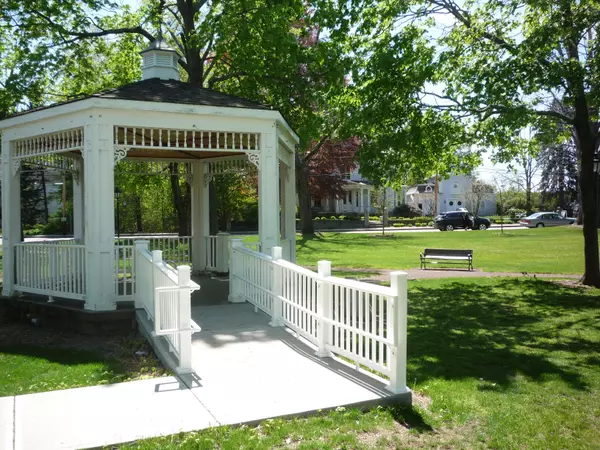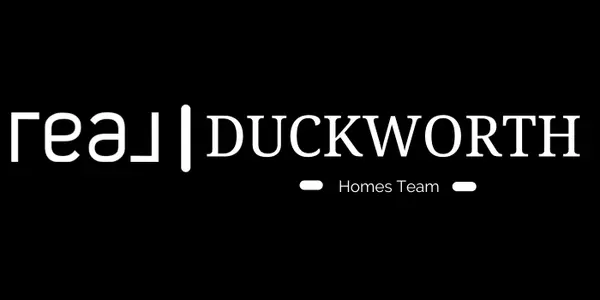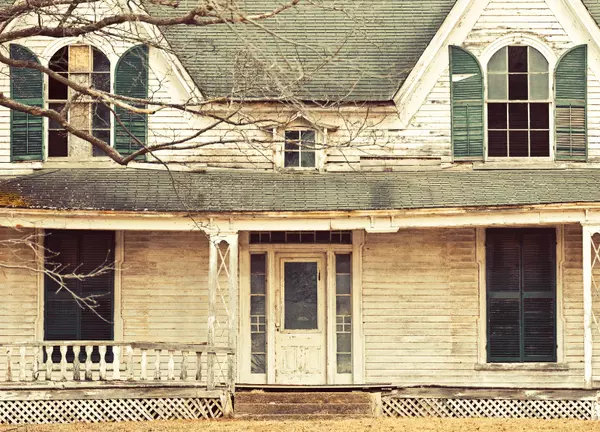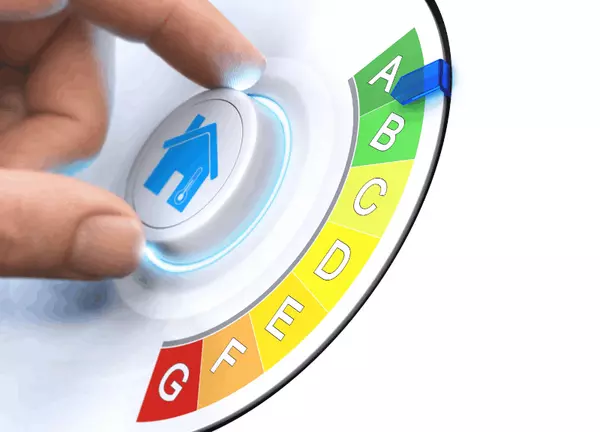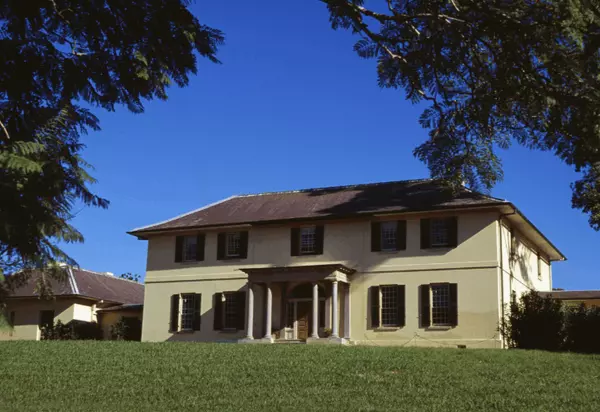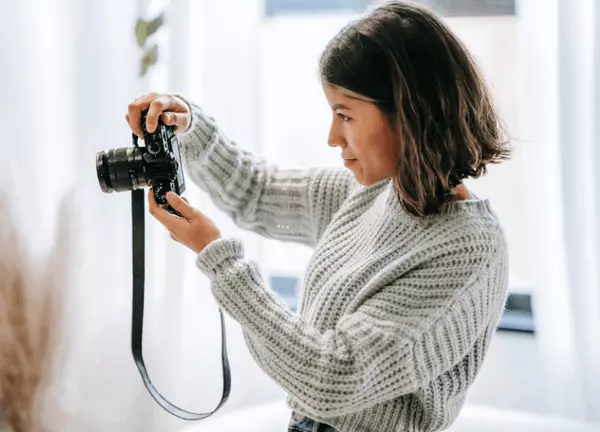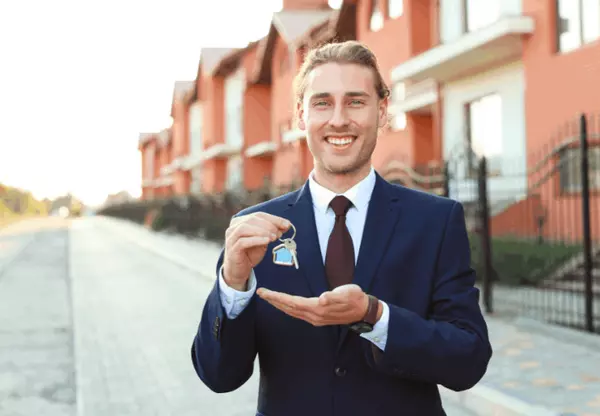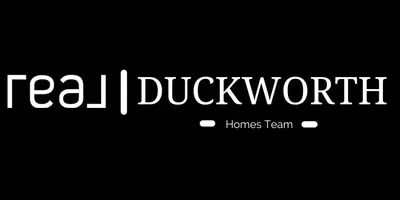How to Host a Great Open House as a Realtor in Rhode Island and Massachusetts

Realtors wear many hats when selling a home, but hosting a standout open house should be a priority. In the world of real estate, an open house offers prospective buyers a chance to explore a listed property. It's your moment to shine as a realtor.
Being successful in real estate demands a diverse skill set. Buyers and sellers alike rely on your expertise to make informed decisions. When it comes to selling a home, an open house is your stage to showcase your skills and secure the best possible price for your clients.
Typically, the seller's listing agent oversees the open house. However, successful real estate agents often work in teams, with one team member managing the open house.
As the realtor, much of the responsibility for the open house falls on your shoulders. To ensure you're well-prepared, follow these steps to host a stellar open house.
Let's dive into the details of hosting a great open house as a realtor.
Chapters
- Promotional Strategies
- Timing Is Everything
- Crafting a Seller Checklist
- Warm Welcomes at the Door
- Guest Sign-Ins
- Virtual Tours: The Modern Twist
- Preparation is Key
1. Promotional Strategies
Advertising is paramount when it comes to hosting a successful open house as a realtor. While word-of-mouth is valuable, it shouldn't be your sole strategy. Diversify your approach to reach a wider audience.
You've likely seen directional signs guiding you to open houses in neighborhoods. These signs are effective at attracting potential buyers. However, be sure to review any homeowner association rules and comply accordingly.
In today's digital age, social media is a powerful tool for real estate agents. With 77% of realtors utilizing social media for business, it's essential to leverage platforms like Instagram and Facebook. Share captivating photos of the property to capture the attention of potential buyers. Digital marketing is instrumental in generating leads and closing deals.
Additionally, list the open house on prominent real estate websites such as Zillow and Realtor.com. These platforms draw significant traffic and allow for virtual tours, providing ample exposure for the property.

2. Timing Is Everything
Selecting the right day and time is crucial for a successful open house. Avoid scheduling during weekdays when most buyers are at work, making weekends the preferred option.
Sunday is traditionally the optimal day for open houses, accommodating most buyers' schedules. Aim for the afternoon, as many people attend morning church services.
Consider aligning the open house with the home's market debut to build anticipation. Hosting on the first day the house hits the market generates excitement. It's common practice to schedule open houses for the first Sunday following the listing's debut.
3. Crafting a Seller Checklist
Before the open house, conduct a thorough walkthrough to identify the home's highlights. Provide sellers with guidance on cleaning and staging to showcase these features effectively.
Staging doesn't have to break the bank; 81% of buyers appreciate tasteful staging. Create an environment where buyers can envision themselves living comfortably. Remove personal items and valuables to enhance the appeal and security of the home.
Don't neglect curb appeal; the exterior sets the initial impression for visitors. Attend to landscaping and exterior maintenance to captivate potential buyers from the moment they arrive.
Additionally, address any minor repairs or touch-ups to present the home in its best light. Anticipate buyers' concerns and address them proactively.

4. Warm Welcomes at the Door
Make a positive first impression by warmly greeting guests as they enter the home. Offer assistance and be prepared to answer any questions they may have.
Consider enlisting a team member to guide buyers through the property, especially for larger homes. Collaborating with experienced agents can provide valuable insights and opportunities for growth, particularly for newer realtors.
Avoid overwhelming visitors with excessive conversation initially, but remain accessible for inquiries. Provide informational pamphlets showcasing key property details and your contact information. These materials serve as valuable marketing tools and facilitate follow-up communication.
Offering parting gifts, such as informational packets or branded merchandise, leaves a lasting impression on guests.
5. Guest Sign-Ins
Implement a sign-in process to capture visitor information for follow-up communication. Online sign-in sheets streamline this process and enable ongoing engagement.
Upon registration, guide guests to a central area with refreshments to foster a welcoming atmosphere. Enhance hospitality while encouraging longer stays and deeper engagement with the property.
Various apps offer sign-in solutions, allowing for customization based on your needs and preferences. Utilize technology to streamline administrative tasks and facilitate post-event outreach.

6. Virtual Tours: The Modern Twist
Complementing traditional open houses with virtual tours expands accessibility and engagement. Video walkthroughs offer an immersive experience for remote viewers unable to attend in person.
Social media platforms like Instagram and TikTok are ideal for sharing virtual tours and generating excitement. Leverage these channels to showcase the property's unique features and attract prospective buyers.
Utilize available tools to create compelling virtual tours, ensuring optimal lighting, cleanliness, and staging. Showcase your creativity and attention to detail through polished video content.
7. Preparation is Key
Prioritize thorough preparation to ensure a seamless open house experience. Familiarize yourself with the property's features and address any potential buyer inquiries.
Provide comprehensive information on property specifics, neighborhood amenities, and competitive advantages. Be prepared to address questions about property taxes, square footage, and nearby attractions.
Research the local market and competition to position the property effectively. Highlight differentiating factors and emphasize the home's unique appeal to prospective buyers.
Consider attending open houses hosted by experienced agents to gain valuable insights and refine your approach. Take advantage of mentorship opportunities to accelerate your learning curve and enhance your skills as a realtor.
Hosting a successful open house requires meticulous planning and execution. By implementing these strategies, you can maximize the impact of your open house and achieve optimal results for your clients.
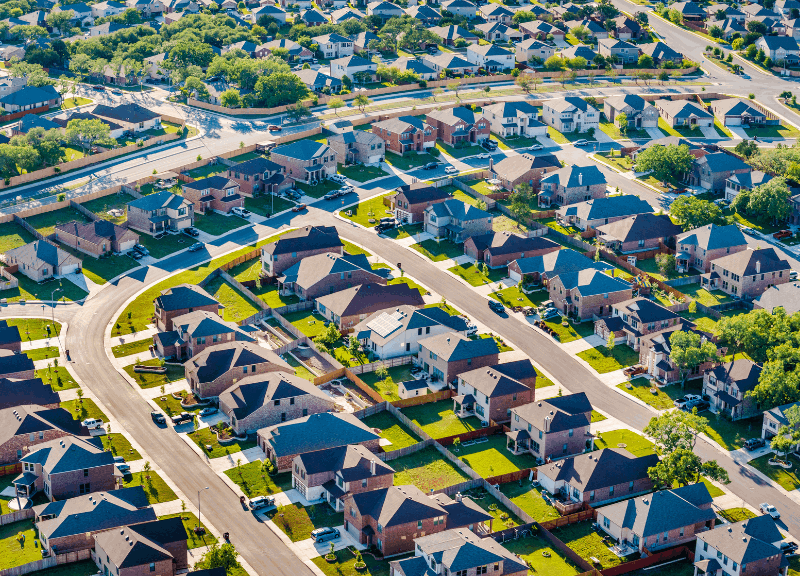
FAQ: How to Host a Great Open House as a Realtor
What should you say when hosting an open house?
Greet guests warmly and introduce yourself upon their arrival. Encourage them to explore the property and offer assistance as needed. Provide information about the home and its features, and be prepared to answer any questions.
How do you stage a successful open house?
Highlight the property's best features through strategic staging. Prioritize cleanliness, decluttering, and depersonalization to create a welcoming environment. Showcase each room's potential and allow buyers to envision themselves living in the space.
How should an agent prepare before an open house?
Thoroughly familiarize yourself with the property and its unique selling points. Prepare informational materials, including pamphlets and online resources, to share with visitors. Research the local market and competition to effectively position the property.
What are the best hours for open houses?
Mid-morning to early afternoon or evening between 5 pm and 7 pm are optimal times for open houses. These hours accommodate buyers' schedules and maximize attendance, especially on weekends.
How do you make an open house more engaging?
Enhance the open house experience with interactive elements such as refreshments, giveaways, and virtual tours. Foster a welcoming atmosphere and encourage guests to explore the property freely. Personalize the experience to leave a lasting impression on visitors.
Categories
Recent Posts

